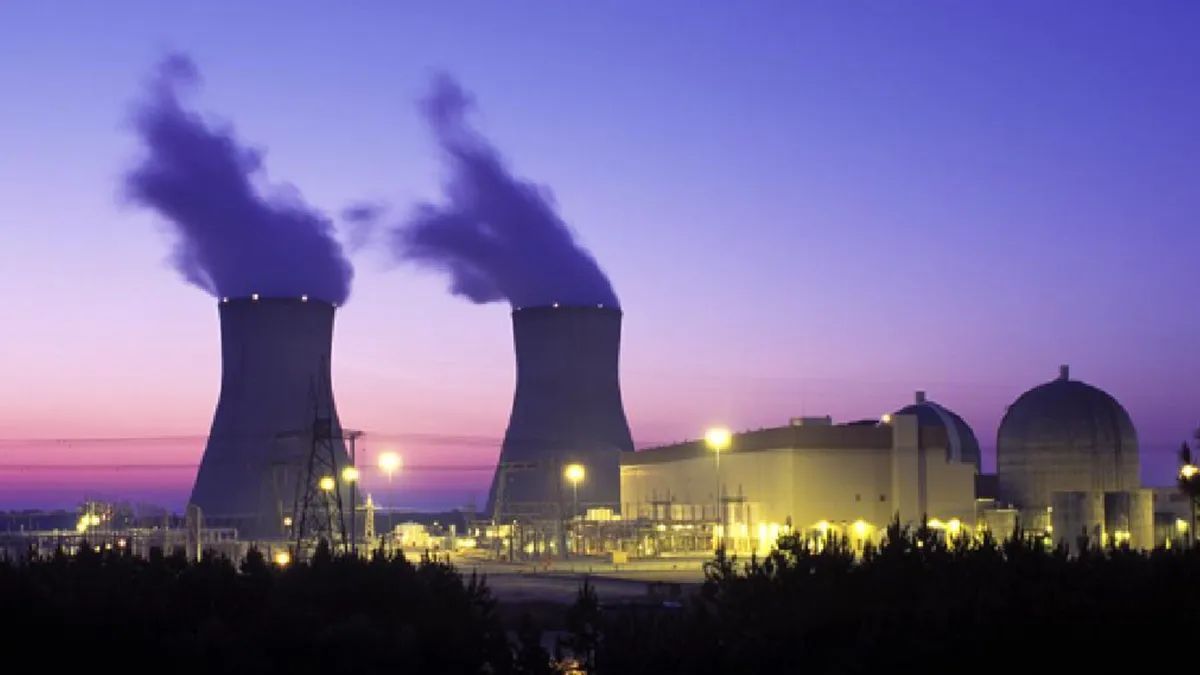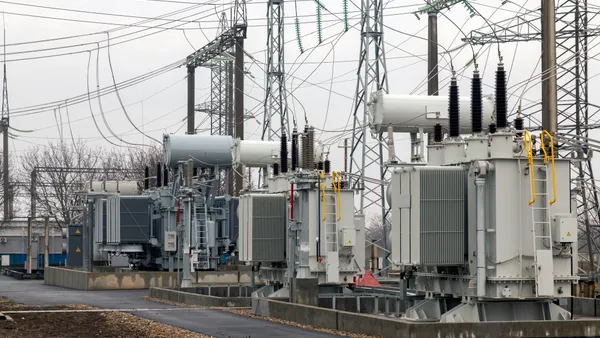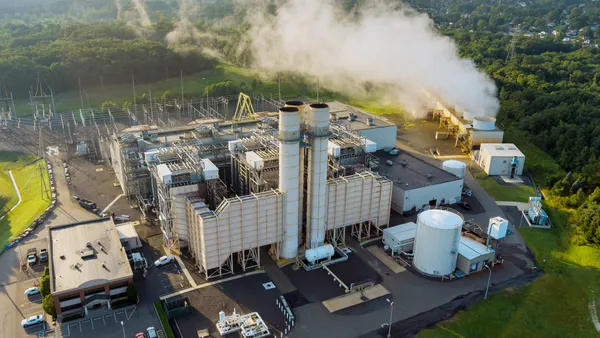Dive Brief:
- A change to Georgia Power's Nuclear Construction Cost Recovery (NCCR) tariff shows customers will pay $139 million less, due to lower financing costs. Customers will see refunds later this year in addition to lower rates for a variety of reasons including, the company said, the federal tax overhaul.
- The change will show up on customer bills in April. Georgia regulators have also approved $188 million in refunds.
- The utility, a subsidiary of Southern Co., said construction has "continued uninterrupted" since Westinghouse declared bankruptcy in March 2017. Delayed and overbudget, the expansion could have been scrapped but regulators in December voted to press on with the $10 billion project.
Dive Insight:
Georgia customers are the latest beneficiaries of utilities saying they are lowering rates because of the corporate tax decrease. Georgia Power says it will help lower financing costs for Vogtle and will lower average customer bills by $2.70/month, beginning in April.
The Georgia Public Service Commission has approved $188 million in refunds — a total of $75 per customer— because of guarantees made by Westinghouse parent Toshiba after the bankruptcy. Those credits will show up on three separate bills this year.
Additionally, Georgia Power says it is working with regulators on the timing and details for a 2018 refund of $43.6 million the company earned above its allowed earnings range in 2016.
Southern Nuclear, which operates the existing units in Georgia, is now the project manager at the site, and Global construction firm Bechtel manages daily construction efforts.
The PSC in December voted unanimously to allow Georgia Power to continue work on the Vogtle expansion, but did not grant the utility all it asked. Georgia Power had sought approval of $8.9 billion to complete the project, but regulators lowered that amount by $1.7 billion in part by backing out the value of the Toshiba guarantee.
The addition of two new reactors at the Vogtle plant were originally estimated to cost $14 billion and expected online in 2016 and 2017. The reactors are now estimated to cost as much as $25 billion and are expected in service in 2021 and 2022. Georgia Power owns 45.7% of the project.













